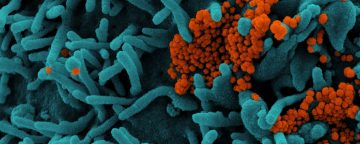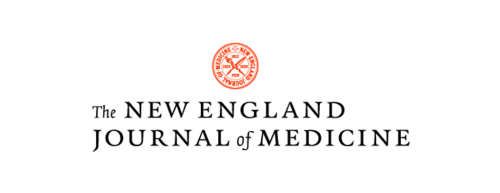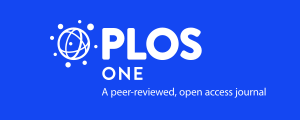COVID-19 conspiracy beliefs increased in the early months of the pandemic among heavy users of conservative and social media, APPC research shows.
Science communication


FactCheck.org Nominated for 2021 Webby Award in News & Politics
The Annenberg Public Policy Center’s FactCheck.org has been nominated for a 2021 Webby Award in the category Websites and Mobile Sites: News & Politics.

Vaccine Science and Side Effects: How News Messages Affect Views on Vaccination
News coverage of expert scientific evidence about vaccine safety increases public acceptance of vaccines, but the effect is diminished when that message is juxtaposed with a narrative about real side effects.

Jamieson: How to Debunk Misinformation about COVID, Vaccines and Masks
In the April issue of Scientific American, scholar Kathleen Hall Jamieson explains how everyone can debunk misinformation about COVID, vaccines and masks.

FactCheck.org and Univision Noticias Receive Google Funding to Address COVID Misinformation
FactCheck.org and Univision Noticias have received funding from the Google News Initiative to produce fact checks about COVID-19 immunization misinformation as short bilingual video explainers.

Franklin Birthday Celebration Honors Jamieson With 2021 Franklin Founder Award
At a virtual celebration of Benjamin Franklin's 315th birthday, APPC Director Kathleen Hall Jamieson was honored with the 2021 Franklin Founder Award.

National Security and the Arctic: Report Urges Overall Strategy for Climate Crisis
A new report from APPC and Penn's Center for Ethics and the Rule of Law addresses national security and the Arctic and the emerging climate crisis.


